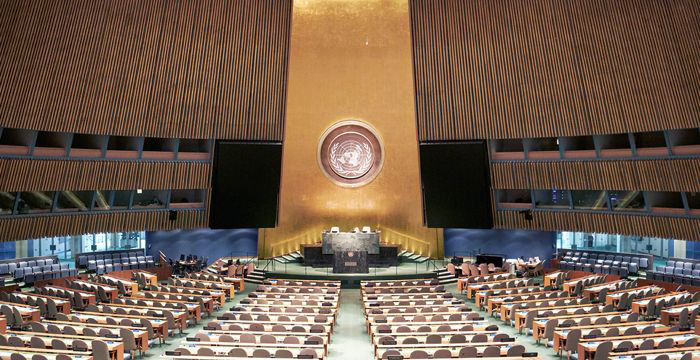
Politics, Security and Crisis – two-year master’s programme
Politics, Security and Crisis is a master’s programme in Political Science that will give you a deeper understanding of matters relating to security policy, crises and crisis management and enhance your skills in these fields.
The programme will provide both extensive theoretical knowledge and tools to help you understand how the world functions with regard to security policy and crises.
The programme offers advanced training in critical thinking and independent judgement, and tools to help you analyse complex processes, at the same time providing deeper insight into how war, peace and security policies come to be shaped by different actors. This programme will hone your theoretical knowledge and provide training in both advanced scientific methods and analytical skills.
Structure of the programme: overview by term
The second and fourth semesters also open up opportunities for studies abroad via our exchange agreements with partner universities.
Application fee and scholarships
Students coming from a country outside the EU must pay an application fee of 900 Swedish kronor and a tuition fee of 123 500 Swedish kronor per year. However, students from outside the EU may also apply for scholarships to cover the cost of tuition.
Read more about the scholarships available at the Stockholm Defence University.
Selection of eligible candidates
Selection is conducted in two distinct stages. In the first stage, a shortlist of 100 candidates is obtained on the basis of Grade Point Average. Shortlisted candidates are assessed in the second stage through an evaluation of their thesis, methods training, and subject relevance.
On the basis of GPA scores, each candidate receives a score to a maximum of 80. Each shortlisted candidate is then assigned additional points from a maximum of 20 according to the following criteria:
- A score out of 10 for the quality of the thesis
- A score out of 5 for methods training
- A score out of 5 for subject relevance.
The final score (out of a maximum of 100) determines the final order in which candidates will be offered admission onto the programme.
Note: candidates that are not shortlisted do not receive any additional points to those awarded for their GPA.
Application code
P2604
Program code
2PSC1
Type
Programme
Starting Term
Autumn Term 2026
Study period
2026-08-31 - 2028-06-04
Level
Second cycle
Scope
120.0 credits
Study pace
100%
Study mode
Campus
Location
Stockholm
Language of instruction
English
Entry requirements
A graded, independent research project (BA thesis) or the equivalent (for applicants with foreign academic qualifications).
In addition, a level of proficiency in the English language, corresponding to English 6/English B or equivalent (for example, IELTS level 6.5 and above) is required. Students applying with a Swedish Bachelor's degree meet this language requirement.
Certain elective courses may have additional entry requirements in order to ensure students can properly benefit from the course.
Application opens
2025-10-16
Application closes
2026-01-15
Admissions round
International Master's Programmes Autumn Semester 2026
Programme syllabus
Elective Courses
In the program there are several elective courses available. A selection is listed in the box "Semester 2" and "Semester 4".
Contact
If you have questions about the programme, please contact us by e-mail: masterprogramme@fhs.se
Discover the Swedish Defence University
Watch the film for information on Political Science and War Studies.
Gustav's first year of the master's programme in Political Science
Gustav Christensson let his keen interest in foreign and security policy determine his choice of studies. It led him to the master's programme in Politics, Security and Crisis. He is driven...

Engaging in the fight against extremism and terrorism
Working to counter violent extremism and terrorism, analyst, Linda Ahlerup is employed at the Centre for Societal Security.

A Dutch in Stockholm
Annemarijn Kamp has followed her gut feeling throughout her studies. That feeling has taken her all the way from psychology studies in the Netherlands, via the Swedish Defence University and...
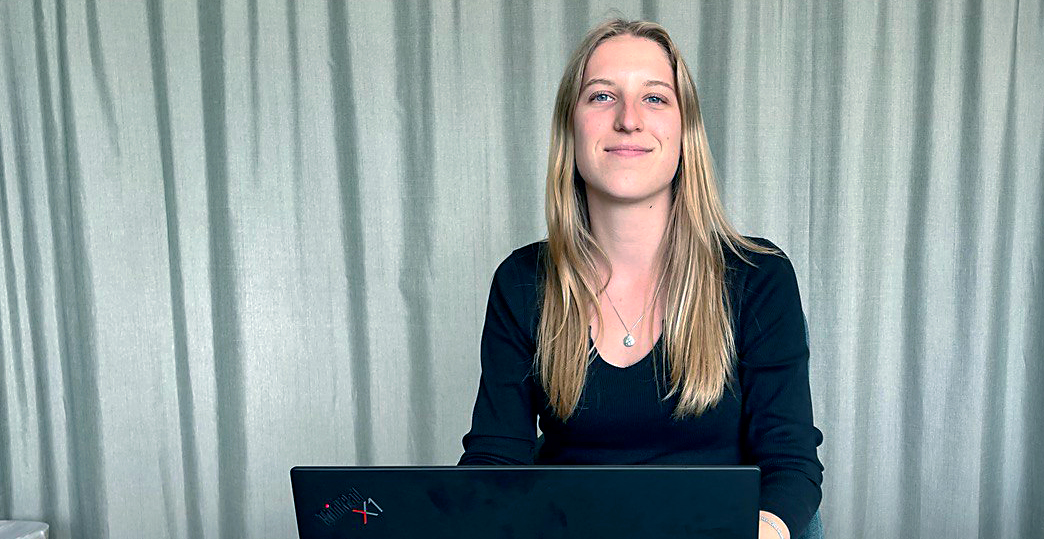
Internship at the Swedish Embassy in Rwanda
All roads lead to Africa – and Ellinore Eriksson herself has made that happen. Following her Master of Political Science degree, she applied for the Swedish Defence University’s master’s pro...
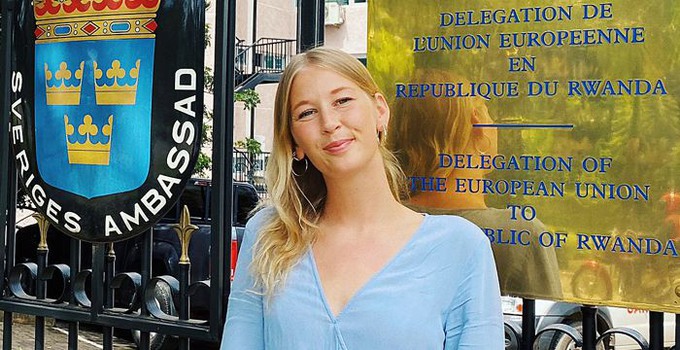
Internship at the UN in New York
From Uppsala to New York, and an internship on the 46th floor of the UN skyscraper. The master’s programme Politics, Security and Crisis has been what Ulla Lovcalic describes as the lift to...

It is hugely enriching to get the best of the two worlds
During his internship as a research assistant at the Swedish Defence University, Magnus Lundström became aware of the university's unique academic environment. Now he is studying in the mast...
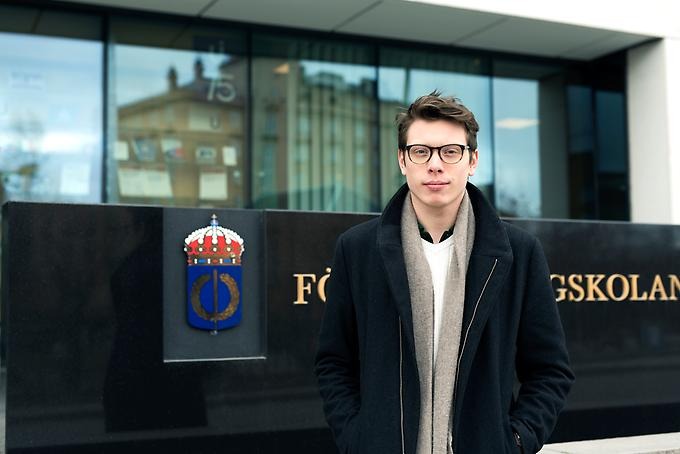
Role-playing and wargaming
Scenario-based role-playing games and exercises that simulate real-life situations are popular elements in our courses. Practical applications, exercises and war games are included in most o...
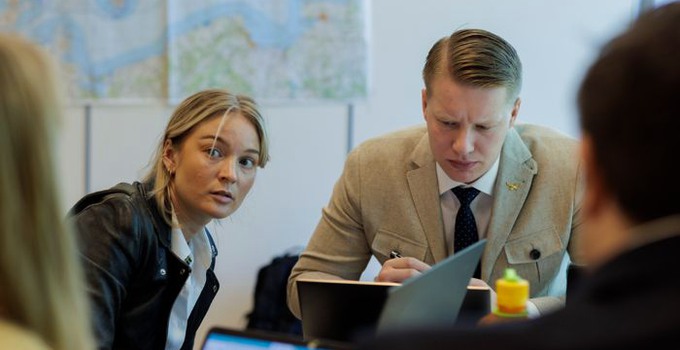
Education at the Swedish Defence University
Studies at Swedish Defence University - a both civil and military university - offers a completely different experience compared to most other universities.

How to apply and entry requirements
Here we guide you through the application process, explain the entry requirements, admissions and other important things that you need to know when applying to our programmes and courses.

